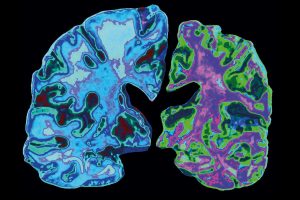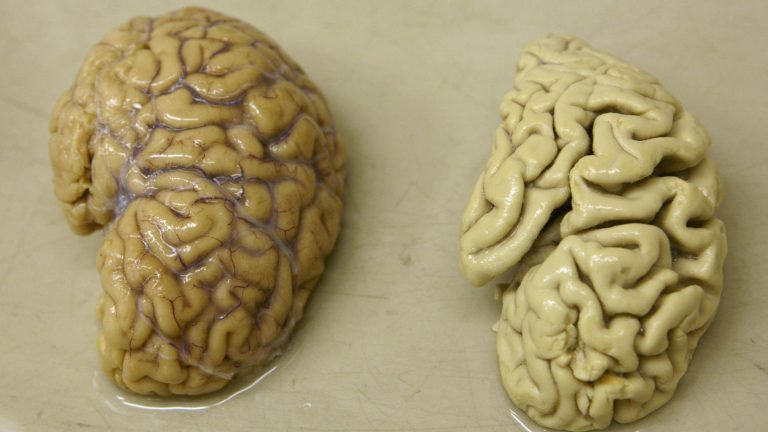Alzheimer’s is a chronic disease of the nervous system first described in 1906 by Dr. Alois Alzheimer. Due to this disease, coping with daily activities decreases, and mental abilities gradually deteriorate. Alzheimer’s disease causes problems with thinking, memory, thinking, and behavior. Alzheimer’s disease is the most common type of dementia, a condition in which the brain stops functioning properly.
In the early stages, the symptoms of dementia may be minimal, but as the disease takes on an increasing effect on the brain, the symptoms worsen. The two most significant risk factors for Alzheimer’s disease are hypertension and high cholesterol levels.

How to fight Alzheimer’s disease without medication?
Currently, there is no proper medication that can stop the progression of Alzheimer’s disease. Today, researchers continue to look for more effective treatments and measures that could prevent Alzheimer’s disease and improve brain health. There are effective methods to reduce this disease at an early stage.
In most cases, Alzheimer’s disease affects people over 65 years old. Still, it is possible to reduce the risk of its development if you start taking appropriate measures earlier.
Exercise at least three times a week
Choose activities that combine cardiovascular exercise and strength training for muscle development. However, swimming or Walking is a good starting point. You can do 30 minutes of cardio five times a week. Swim, run, or exercise at home on a treadmill; any activity that makes your heart beat faster will do.
Maintain your healthy diet plan
The results of the latest research in the field of nutrition and nutrition show that the following foods have the most beneficial effects on brain activity: vegetables (primarily green leafy ones), nuts (walnuts, almonds, and hazelnuts), olive oil, whole-grain foods, blueberries, beans, fish and poultry.
Regularly monitor your blood pressure
Make it a rule to regularly monitor your blood pressure because arterial hypertension is often asymptomatic. You can only diagnose and start treatment promptly if you know your blood pressure indicators. Hypertension has been shown to increase the risk of dementia; check with your doctor for the blood pressure that is best for you and try to maintain the recommended level.
Monitor your blood sugar
Remember that diseases accompanied by high blood sugar levels are asymptomatic; the problem can be noticed in time only with regular monitoring. People with type 2 diabetes mellitus are more susceptible to Alzheimer’s disease due to disturbances in the exchange of insulin, which leads to damage to the brain’s neurons.
Lower the intake of salt
Reduce salt intake as much as possible; this will normalize blood pressure. Instead of potato chips, salted croutons, snack on fresh vegetables and fruits and add various herbs and spices to your dishes, not salt.
Protect your head from injury
It has been proven that head injuries significantly increase the risk of Alzheimer’s disease. Therefore, be as careful as possible when riding a bicycle or motorcycle; always wear a safety helmet. Keep your home safe, often injuring yourself by tripping over the edge of a poorly made carpet or slipping in the bathroom.
Expand your social circle
Studies show that having an active social life and maintaining close relationships with others may reduce the risk of Alzheimer’s in old age. Sign up for a club, take up some new activity or hobby, and try to communicate more with your acquaintances. You can also go to church or classes, volunteer, visit neighbors more often, and meet new people.
Keep calm yourself
Under stress, a hormone is released in the body, which negatively affects health and, over time, the brain’s activity. Choose an activity that helps you calm down. Try yoga, meditation, warm baths, nature walks, or breathing exercises.
Final words
By changing your lifestyle under the above guidelines, you will significantly reduce your risk of developing Alzheimer’s disease. Sleep at least 7-8 hours each night and relax your mind so you can battle Alzheimer’s disease.




